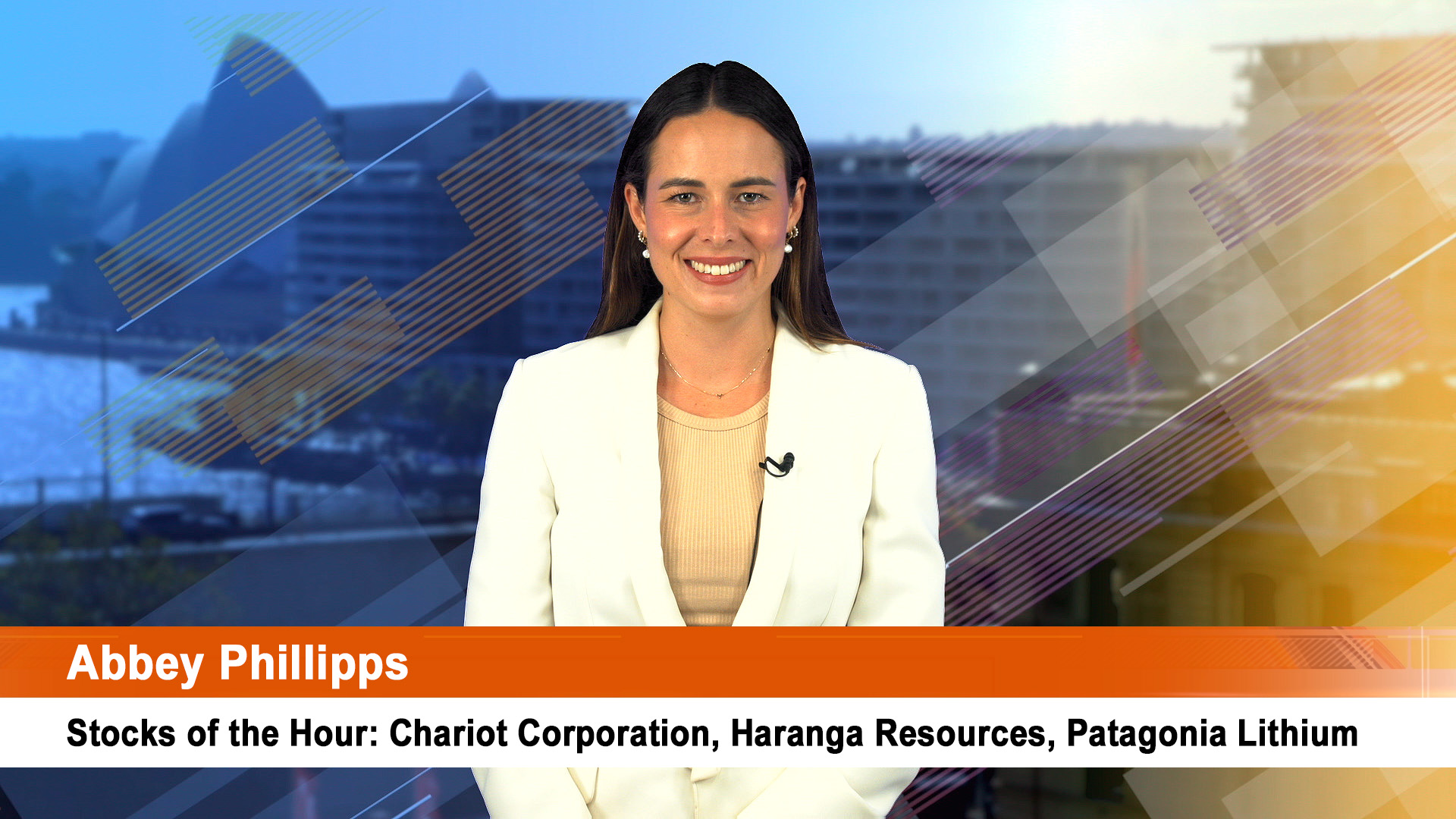Are there signs of a solution to the US budget and debt ceiling impasse that is starting to worry markets around the globe?
President Barack Obama is stepping up discussions with Congress and will meet with Congressional Democrats this morning our time, and with Republican leaders later tonight, our time.
The meetings will be the first of a series which media reports say will try and craft a short term solution to the impasse which threatens to trigger a US government default from late next week onwards.
News of the meetings came as President Obama calmed markets for a day by nominating Janet Yellen as the new head of the US Federal Reserve. She’s the current deputy to Ben Bernanke and is seen as a supporter of keeping the Fed’s current stimulatory spending program going for longer.
US shares closed mixed, with the Dow and the S&P 500 up a fraction, and the Nasdaq lower, Gold fell $US20 an ounce and oil eased to a three month low. European shares were mostly higher, as were markets in Asia.
The Aussie dollar maintained its recent level of around 94.40 US cents and traders will be watching today’s jobs data for September due for release at 11.30 am. A weak result will see the dollar ease, a solid result will see it rise on expectations of no more RBA rate cuts.
Our market should start a touch weaker today with a small fall on the share futures index.
It is now a case of waiting and watching to see if there is any sign of a breakthrough in the Washington talks.
But judging by the continuing rhetoric from both sides, especially conservative Tea Party Republicans, there won’t be a quick change of heart on the issues of the budget approval and the debt ceiling.
Overnight the International Monetary Fund again warned of the dangers of the debt ceiling issue, and added its concerns about the adverse impact of any decision by the US Fed to start cutting its stimulatory spending.
The IMF said a combination of a tightening in the US and the debt ceiling could trigger trillions of dollars in losses around the world, especially in bonds of all sorts, from sovereign debt to corporate securities.
Not surprisingly the IMF said both the Fed tapering issue and the situation in Washington were the major threats to global financial stability.
Minutes of last month’s Fed meeting which delayed the start to the so-called ‘tapering‘ of that $US85 billion a month of spending, were released overnight, and showed a far from united Open Markets Committee, the key rate setting group at the central bank.
But there seemed to be more members of the committee inclined to start tapering later this year than those opposed to it. But that meeting was well ahead of the eruption of the budget and debt ceiling impasse.
Yields on one month US Treasury notes continued to rise because of fears about the impact of the debt ceiling and the budget shut down.
They are now yielding 0.27%, as big investors such as the huge Fidelity group have sold their holdings in fear of being caught up in a default. They hit a high of 0.48% overnight, which is more than the yield on 2 year bonds of 0.38% and four times what then yield was at the end of September- a measure of how panicky investors are becoming.
But it is a measure of just how febrile global markets are, including those in Australia, that the confirmation of a new Fed chairman in Janet Yellen, could steady markets and produce small gains even as those same markets again fretted about the US debt and budget problems.
Markets in Asia sold off in early trading yesterday after Wall Street’s second triple digit plunge on the Dow, but reversed when news leaked of Ms Yellen’s nomination by President Obama.
Her appointment came several weeks after President Obama’s preferred candidate, Lawrence Summers, withdrew his name from consideration after that sparked a mini revolt among Senators of President Obama’s Democratic Party.
Markets like her appointment because she is considered to be "dovish" (no she doesn’t like birds) on the question of starting to cut the Fed’s $US85 billion a month of quantitative spending which was due to happen last month but was put off to a future date.
The stimulus program (called QE3) has help maintain global markets and encouraged investors to push into riskier assts. Since the current Fed chairman Ben Bernanke raised the possibly in May of starting the winding back the program this year, investors have sold many of these riskier assets and retreated to more stable ones in Europe and the US.
But the nice feelings about her appointment are nothing more than market sentiment and will probably change in an instance when she starts speaking in public in coming weeks about the Fed and the current economic outlook
The AMP’s chief economist, Dr Shane Oliver wrote late yesterday that:
"Janet Yellen has been a co-architect with Ben Bernanke of the Fed’s approach to dealing with the global financial crisis and its aftermath. Where it not for their efforts the US and global economies would be in far worse shape today. So having Janet Yellen take over at the Fed means a steady hand at the Fed with minimal risk that the Fed will exit from its stimulatory approach before the economy is ready. Her (impending) nomination and likely confirmation to the Fed job will remove a risk that has been hanging over financial markets."
While it helped lift markets yesterday and last night, the real story remains the confused and increasingly volatile situation in Washington.
Our market was down more than 30 points at one stage yesterday morning but recovered through the rest of the day on the news of Ms Yellen’s nomination. The ASX200 adding 3.6 points, or 0.1% to 5153, and the All Ords added 3.5 points, or 0.1%, to 5151.6.













